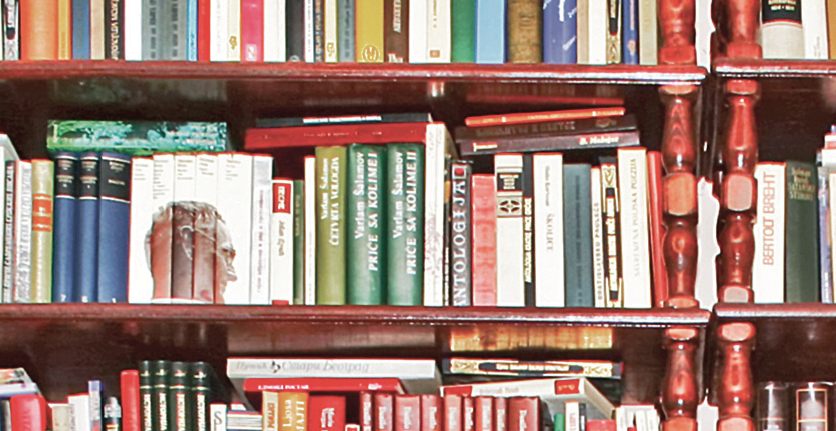By Jacqueline J. Holness
 If you were a student in an average American public school system, at some point you were probably introduced to the works of Shakespeare, Chaucer, Hemingway, and other authors who have written the classics. In college, I broadened my knowledge about black authors, reading American classics such as Native Son by Richard Wright, and Their Eyes Were Watching God by Zora Neale Hurston. However, one day I realized I was undereducated about Christian classics.
If you were a student in an average American public school system, at some point you were probably introduced to the works of Shakespeare, Chaucer, Hemingway, and other authors who have written the classics. In college, I broadened my knowledge about black authors, reading American classics such as Native Son by Richard Wright, and Their Eyes Were Watching God by Zora Neale Hurston. However, one day I realized I was undereducated about Christian classics.
Although a number of people who attended Christian colleges were likely introduced to Christian classics, I would bet that a greater number of Christians are like I am—reasonably educated about the Bible and the authors of today’s times, but sadly ignorant of the books that helped guide Christian culture to where it is today. So I have composed a list of several Christian classics that are beneficial for Christians to be familiar with. Though not every author shares our exact theology, we can glean knowledge from each work.
Eternal Wisdom from the Desert: Writings from the Desert Fathers—Edited by Henry L. Carrigan Jr., this book is a compilation of writings by 4th century Christian men and women who lived as hermits in the Egyptian desert.
By the end of the fourth century, thousands of these hermits had settled along the length of the Nile River, and nearly 5,000 had established themselves in the desert on the outskirts of Alexandria. . . . So powerful was the wisdom and purity of these desert monks that Christians from urban congregations continually streamed to the monks’ caves seeking sagacious words of advice.
Penseés by Blaise Pascal—Pascal was a 17th century French mathematician, physicist, and Christian philosopher whose book is comprised of his unpublished thoughts defending Christianity. Unable to complete his book before his death, this was published posthumously. “Let us weigh the gain and the loss in wagering that God is. Let us estimate these two chances. If you gain, you gain all; if you lose, you lose nothing. Wager, then, without hesitation that he is.”
The Practice of the Presence of God: The Original 17th Century Letters and Conversations of Brother Lawrence—Brother Lawrence was a 17th century French monk assigned to the monastery kitchen. Through seemingly menial work, his relationship with God deepened. “It is not necessary for being with GOD to be always at church; we may make an oratory of our heart, wherein to retire from time to time, to converse with Him in meekness, humility, and love.”
My Utmost for His Highest by Oswald Chambers—The son of a Baptist preacher in Scotland, Chambers became a 20th Century evangelist. “We have to get rid of the idea that we understand ourselves, it is the last conceit to go. The only One Who understands us is God.”
Mere Christianity by C. S. Lewis—Irish-born and English-bred, Lewis was an author and apologist known worldwide for his keen imagination and intellect. “Christianity is the story of how the rightful king has landed, you might say landed in disguise, and is calling us all to take part in a great campaign of sabotage. When you go to church you are really listening-in to the secret wireless from our friends: that is why the enemy is so anxious to prevent us from going.”
Obviously, this list is a miniscule sampling of classic Christian literary treasure waiting to be unearthed and dusted off, but I pray it has piqued your curiosity nevertheless.
Jacqueline J. Holness, a member of Central Christian Church in Atlanta, Georgia, is a correspondent for Courthouse News Service,
an online, national news service for attorneys. Contact Jacqueline at afterthealtarcall.com.



Comments: no replies